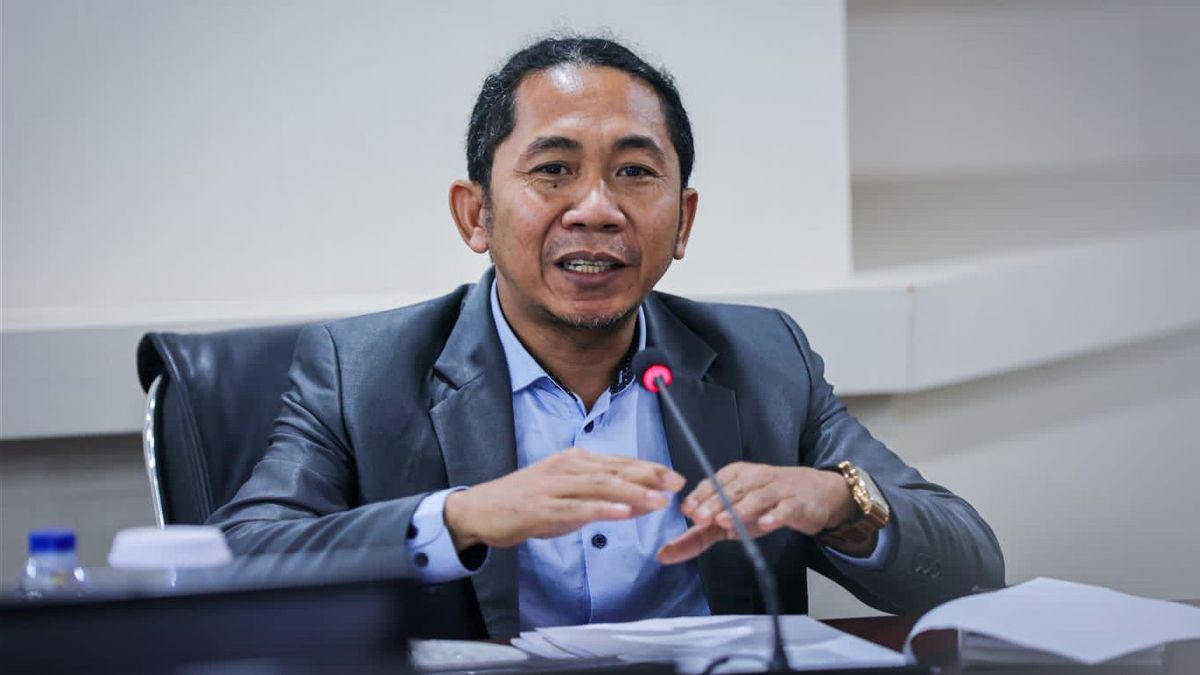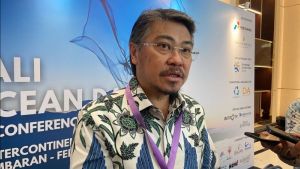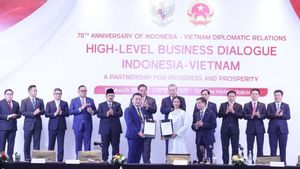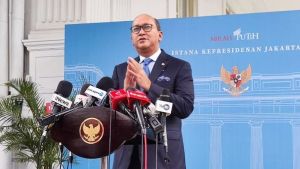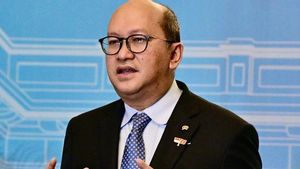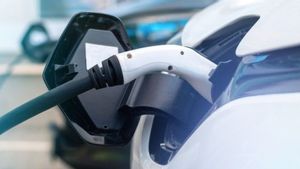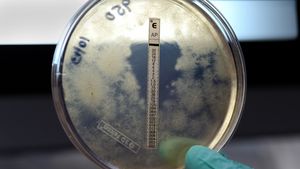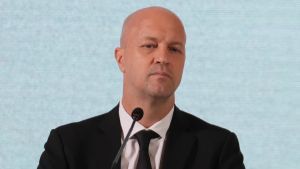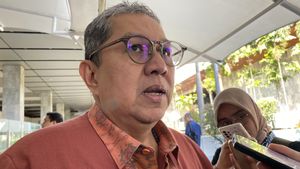JAKARTA - Director of the Indonesian Economic and Political Association (AEPI) Salamudin Daeng assessed that the development of Hydrogen Refueling Station (HRS) by PT Indonesia Power, subholding of PT PLN (Persero) is a milestone in the new portfolio of new energy and renewable energy in the automotive sector.
"The development of Hydrogen Refueling Station proves that Indonesia's new history has been engraved in achieving the step of realizing net zero emissions/NZE in the automotive sector," said Salamudin Daeng as quoted by ANTARA, Tuesday, February 27.
PLN Indonesia Power, he continued, has proven corporate commitment in supporting the government's target towards Net Zero Emission 2060 with the use of clean energy.
According to him, this also proves that PT PLN Persero through its subholding PT PLN Indonesia Power has proven its commitment to transitioning energy by carrying out the transformation from fossil energy to clean energy.
The development of HRS, he added, will soon be continued not only in the manufacturing sector, but also in vehicles and PLN Indonesia Power is starting to build a hydrogen-fueled electric vehicle ecosystem.
Currently, he said, the potential for hydrogen produced can reach 128 tons per year or equivalent to energy consumption of 450 units of cars per year.
With the Hydrogen Center currently owned by PLN, it is hoped that the acceleration of research and development towards green and clean energy is expected.
He explained that HRS is downstream from the implementation of the Green Hydrogen Plant (GHP), which includes residuals from Geothermal Power Plants (PLTP), Steam Power Plants (PLTU) and Gas and Steam Power Plants (PLTGU).
"HRS, which is an electric vehicle ecosystem, will be used by all Indonesian people," he said.
SEE ALSO:
Hydrogen Refueling Station (HRS) was inaugurated on February 21, 2024, located in Senayan. In it there are hydrogen-based electric vehicle charger facilities, and Hydrogen Center as hydrogen-related training and education centers in Indonesia.
The use of HRS is believed to be able to reduce the importation of 1.59 million liters of fuel oil/BBM per year.
In addition to saving the use of fossil-based fuel, reducing emissions is confirmed to occur by 4.15 million kilograms per year.
The English, Chinese, Japanese, Arabic, and French versions are automatically generated by the AI. So there may still be inaccuracies in translating, please always see Indonesian as our main language. (system supported by DigitalSiber.id)
